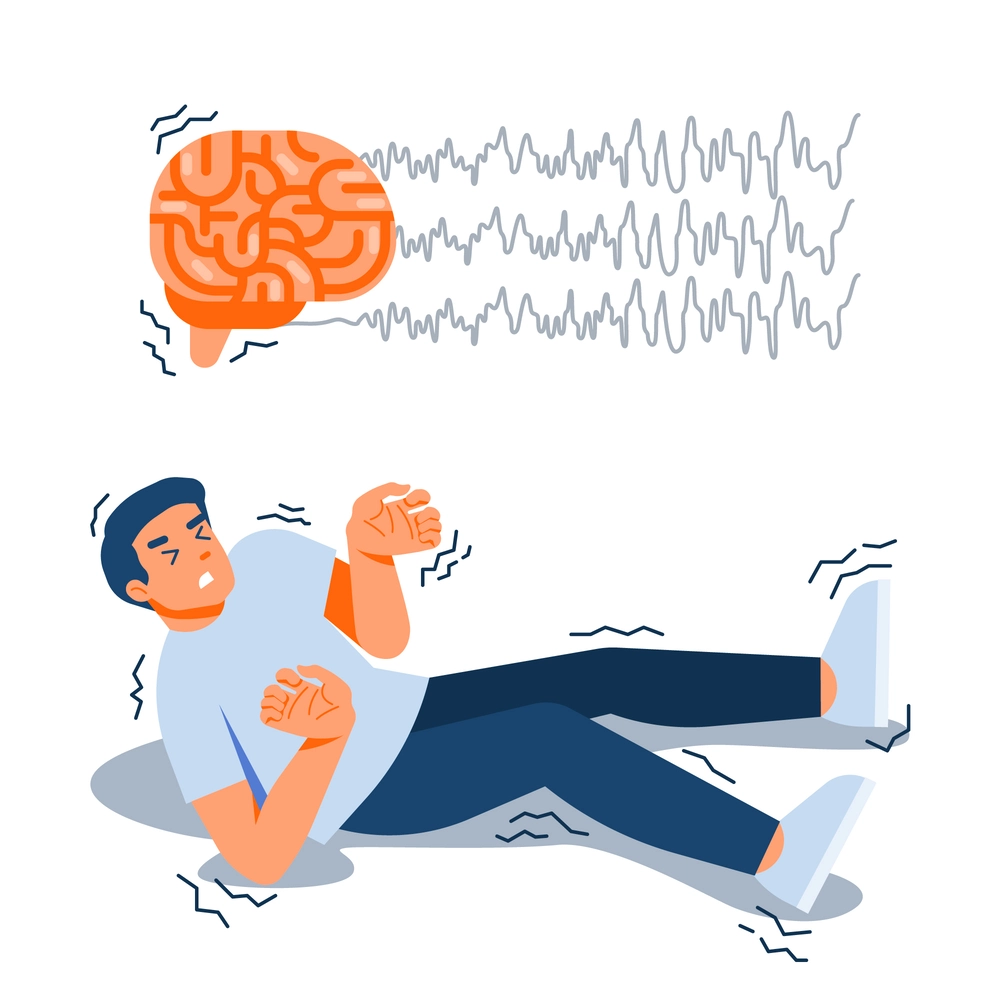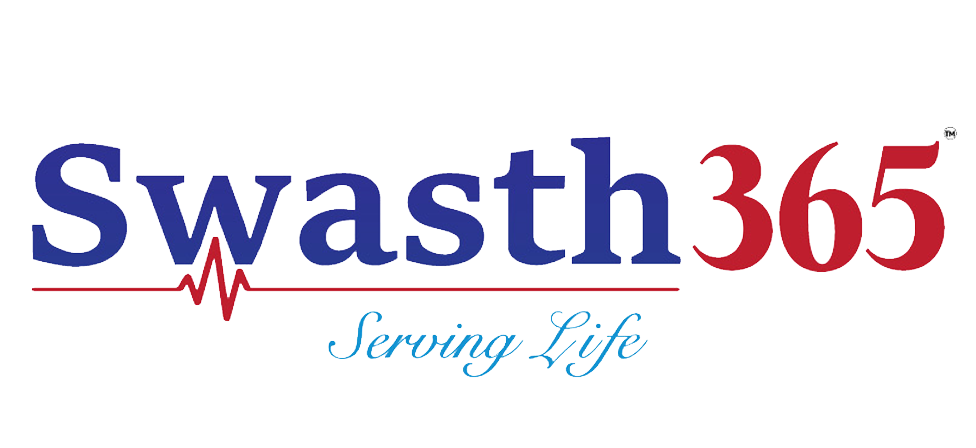
What is Epilepsy?
Epilepsy is a neurological condition marked by frequent seizures. A seizure is typically characterised as a brief change in behaviour caused by a momentary shift in the electrical activity of the brain.
In epilepsy the brain's electrical rhythms have a tendency to become imbalanced, resulting in recurrent seizures. The usual electrical rhythm in patients with seizures is disturbed by abrupt and synchronized bursts of electrical activity that may short alter their consciousness, movements, or sensations.
In epilepsy the brain's electrical rhythms have a tendency to become imbalanced, resulting in recurrent seizures. The usual electrical rhythm in patients with seizures is disturbed by abrupt and synchronized bursts of electrical activity that may short alter their consciousness, movements, or sensations.
What are the different types of epilepsy or seizures?
Seizures are classified as either focal or generalized by doctors based on how and where the abnormal brain activity occurs.
Focal seizures occur when seizures appear to be caused by aberrant activity in only one part of your brain. These seizures are also referred to as partial seizures.
Generalized seizures are seizures that appear to include all parts of the brain.
What causes Epilepsy?
-
Traumatic brain injury or head injury
-
Brain infection from parasites (malaria, neurocysticercosis), viruses (influenza, dengue, Zika), and bacteria
-
Loss of oxygen to the brain (for example, during birth)
-
Brain tumor
-
Stroke
-
Epilepsy can be caused by a variety of disorders that impact the brain. Among the known causes are:
-
Some genetic disorders (such as Down syndrome)
-
Other neurologic diseases (such as Alzheimer’s disease)
Signs & Symptoms
The symptoms differ according on the type of seizure. A person with epilepsy will often experience the same sort of seizure each time, therefore the symptoms will be identical from episode to episode.
Seizures can disrupt any process that your brain coordinates since epilepsy is caused by aberrant brain activity. Seizure symptoms and indicators may include:
Temporary Confusion
A Staring Spell
Stiff Muscles
Loss of consciousness or awareness
Psychological symptoms such as fear, anxiety
Uncontrollable jerking movements of the arms and legs
Temporary Confusion
A Staring Spell
Stiff Muscles
Loss of consciousness or awareness
Psychological symptoms such as fear, anxiety
Uncontrollable jerking movements of the arms and legs
What are the risk factors of epilepsy?
Certain factors may increase your risk of epilepsy:
Epilepsy is most frequent in children and older adults, but it can develop at any age.
If you have a family history of epilepsy, you may be more likely to have a seizure disorder.
Head injuries are responsible for some cases of epilepsy.
Stroke and other blood vessel (vascular) illnesses can cause brain injury, which can result in epilepsy.
Dementia can increase the risk of epilepsy in older adults.
Infections that cause inflammation in your brain or spinal cord, such as meningitis, can raise your risk.
If a kid experiences a long fever-associated seizure, another nervous system illness, or a family history of epilepsy, the chance of epilepsy increases.
How is epilepsy treated?
There are many things a provider and person with epilepsy can do to stop or lessen seizures. The most common treatments for epilepsy are:
- Medicine: Anti-seizure drugs are medicines that limit the spread of seizures in the brain.
- Vagus nerve stimulator: This device is surgically placed under the skin on your chest and electrically stimulates the nerve that runs through your neck to prevent seizures.
- Ketogenic diet: Children who do not respond to medications may benefit from the ketogenic diet, which is a high fat and low carbohydrate diet.
- Surgery: The area of the brain that causes seizure activity can be removed or altered if you and your healthcare team determine it’s the right treatment for your condition.

